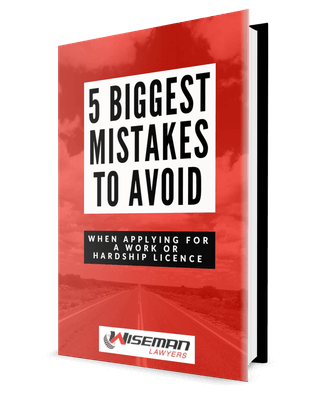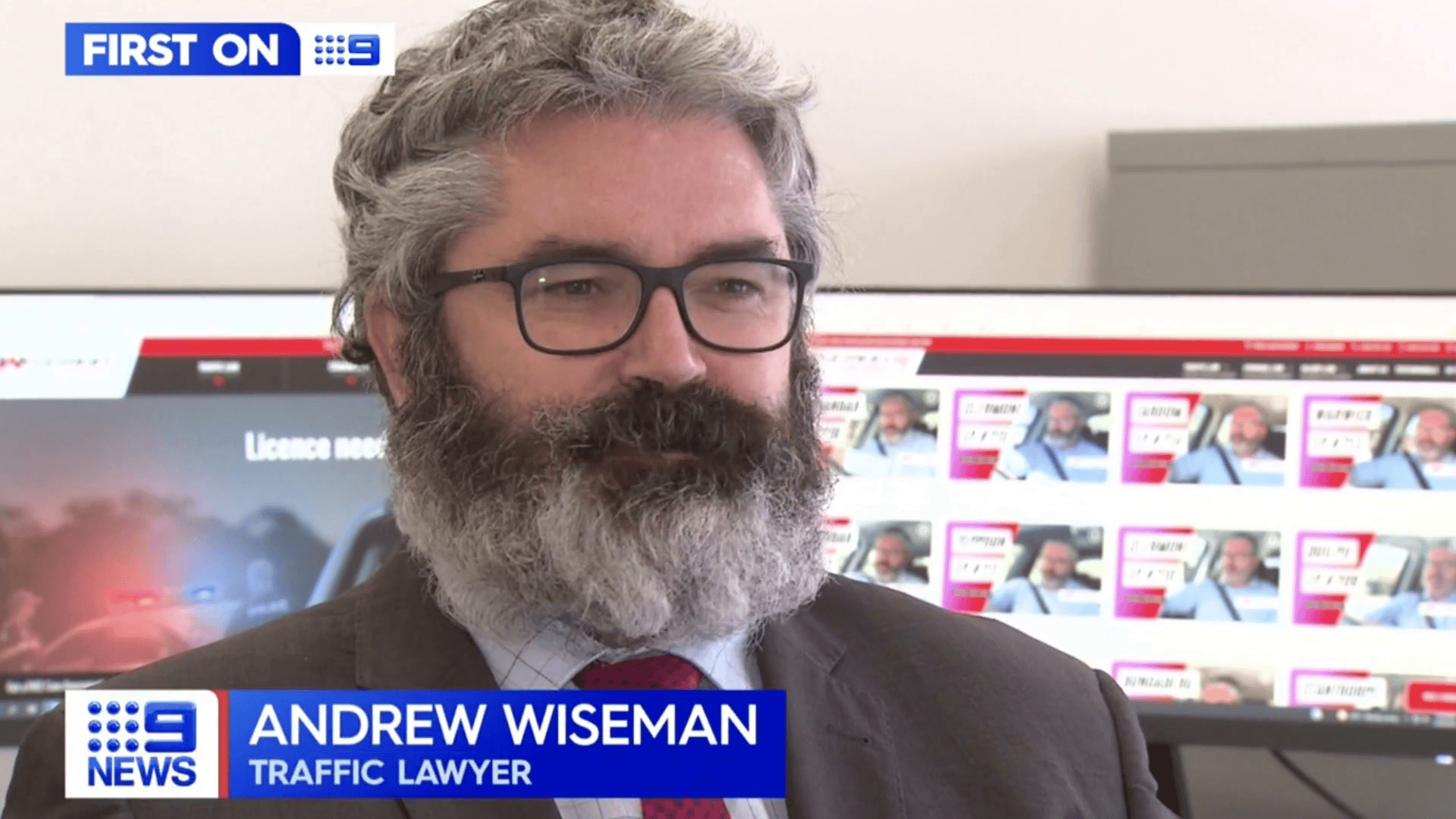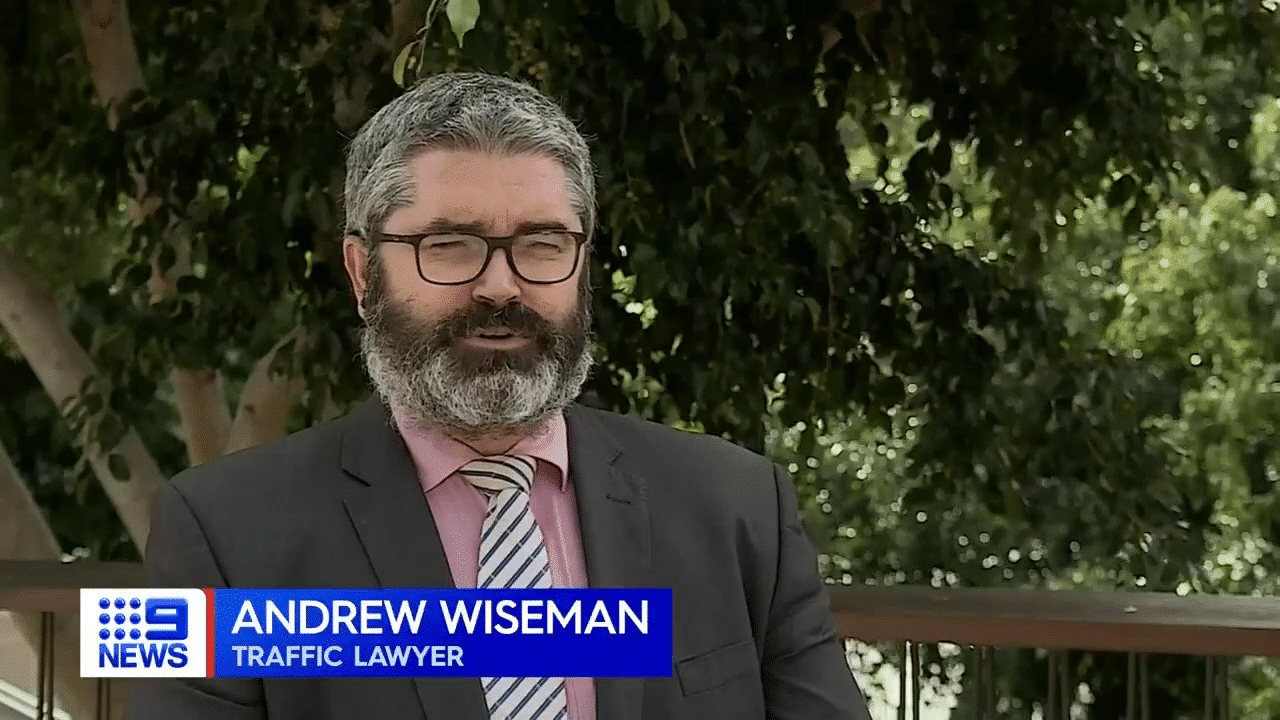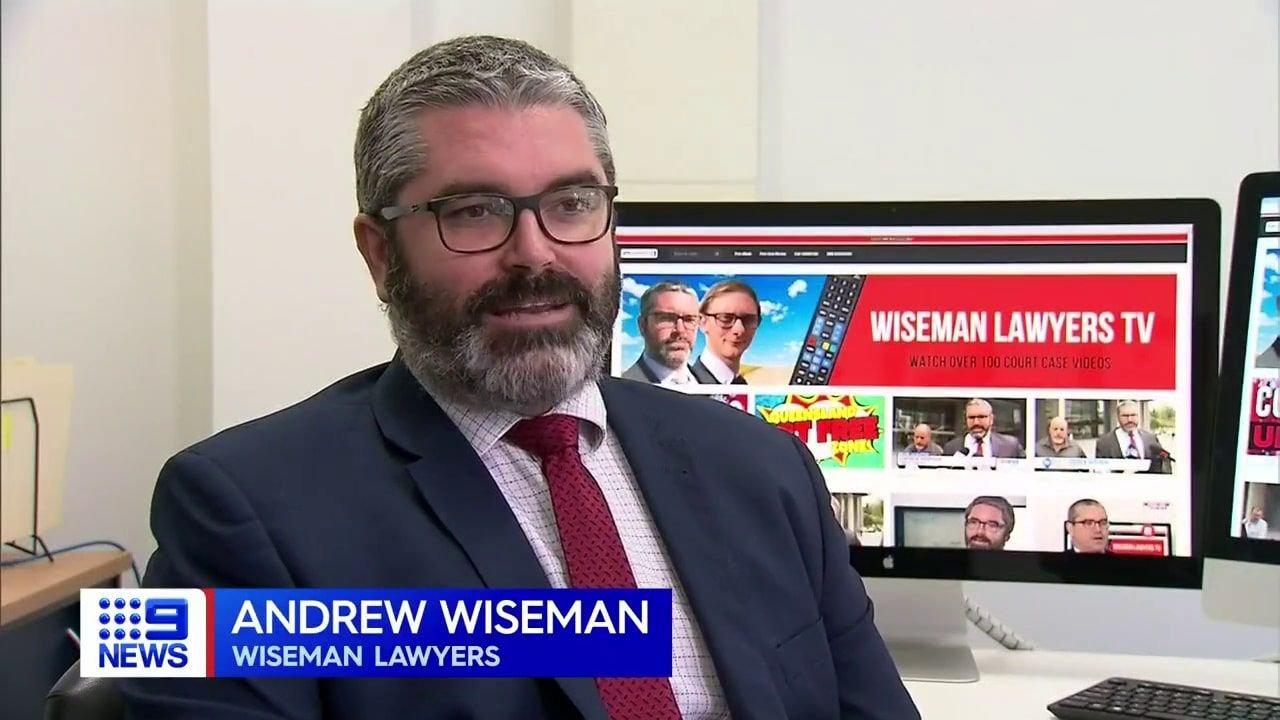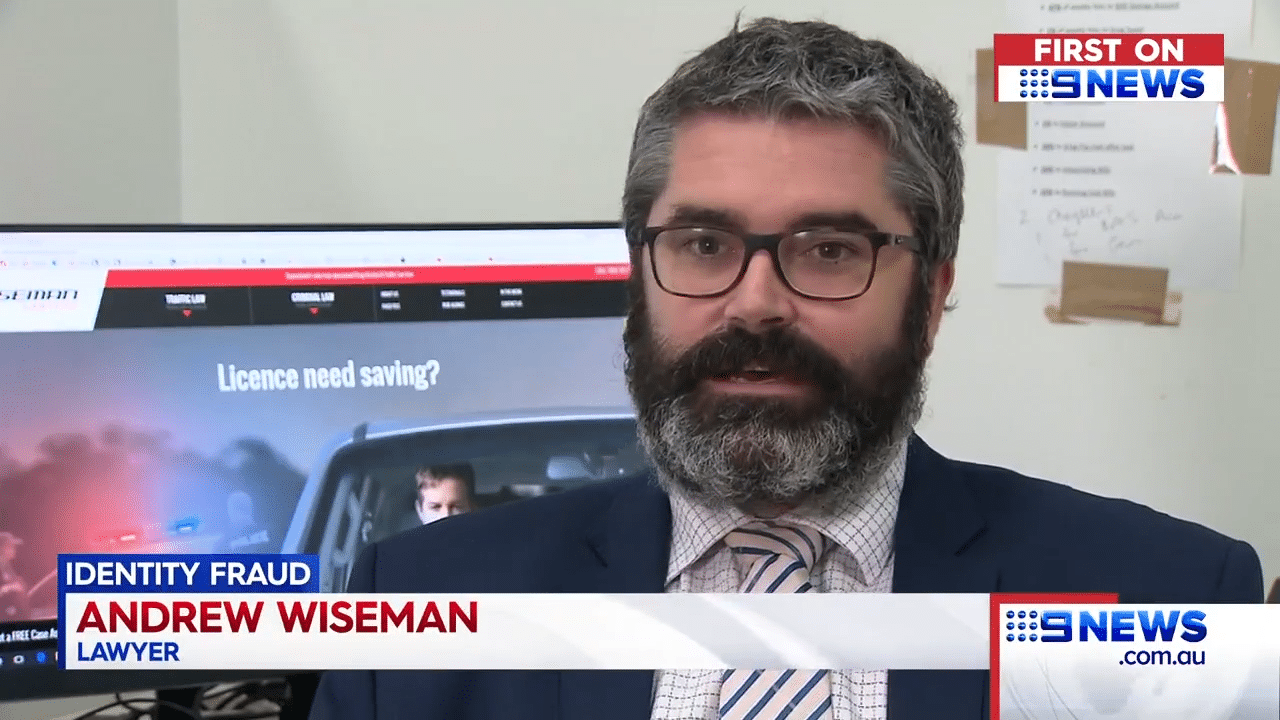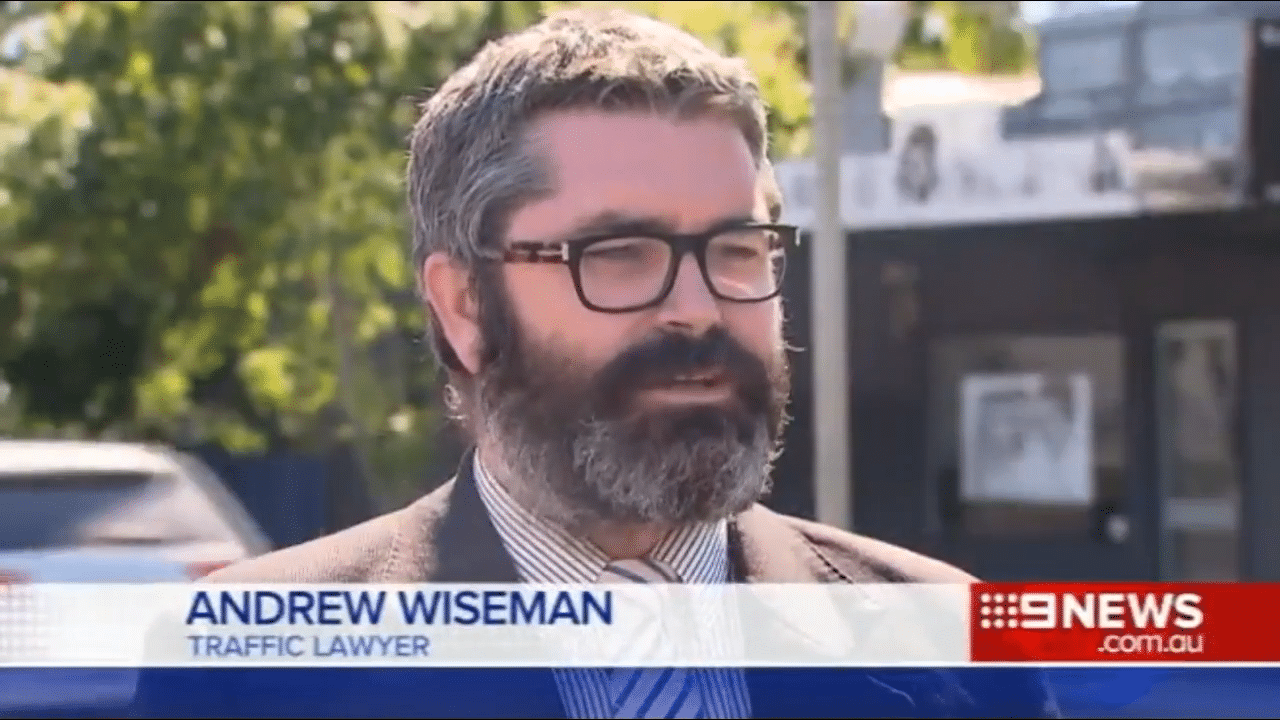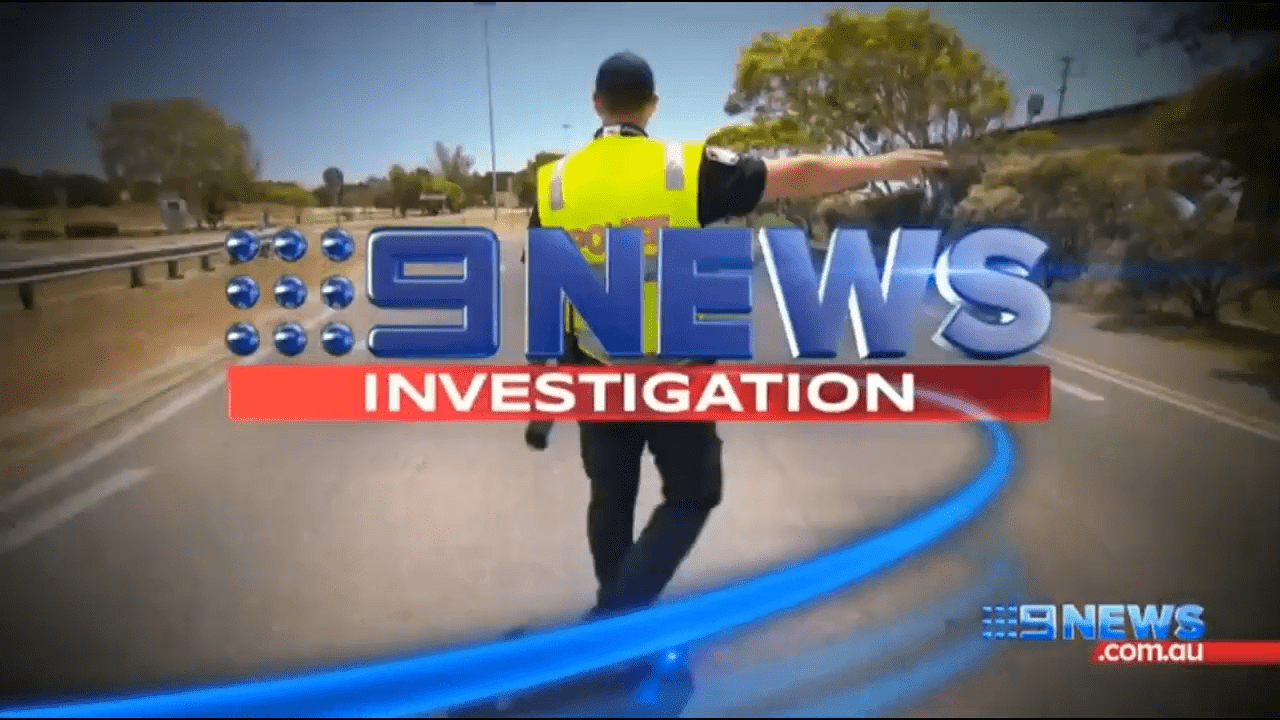Join Wiseman Lawyers Traffic Lawyer Andrew Wiseman at Chinchilla Magistrates Court as he represents a client charged with Drink Driving. Watch Andrew explain what happened in the courtroom, along with the outcome which he achieved and how he achieved it.
All right. Today I’m at Chinchilla Magistrates Court. It’s about a three and a half hour drive west of Brisbane. Used to be four, but now that we’ve got the Toowoomba bypass, it’s close to three and a half.
Client was charged with mid-range drink driving, reading a 0.130. Worst case for that’s a 12 month disqualification, mandatory minimum’s three, but the mid-range bracket kicks in at 0.100, high range is 0.150. So with a reading of 0.130, you’re closer to high range than you are low range, which is up to 0.099. So yeah, he’s looking at three to 12 months with a reading of 0.130. It was his first offence, so there was no previous. He hadn’t lost his licence in the last three years and he was on his open or had an open Queensland licence. So he ticked all the eligibility boxes to apply for a work licence, but he was able to manage for some period without driving for work, so he elected not to apply for a work licence.
And I’m not going to say what he does, but he works in a particular profession that requires ongoing membership of a professional body. So he wasn’t a lawyer, but for example, lawyers need to be members of the Queensland Law Society and maintain ongoing membership. And if things like this happen, they need to be disclosed upon renewal of that membership, and it can cause difficulties. So there’s a number of professions. I’m not going to say what he does, but nursing, doctor, school teacher, that kind of thing. There’s these ongoing memberships that require ongoing disclosure of incidents such as this. And what I’m getting at is given what he does, and given that ongoing disclosure, he was concerned about the recording of a conviction. So drink driving’s not a criminal matter. No one ever gets a criminal conviction for a drink driving charge, unless they’re also charged with dangerous driving, but my client wasn’t. But ordinarily you get a recorded traffic conviction, which goes on your traffic history.
So people will either have a traffic history or a criminal history or both or neither. And as I said, drink driving goes in your traffic history and it ordinarily comes with a recorded traffic conviction, not a recorded criminal conviction. So the impact of recorded traffic convictions, nowhere near as severe as the impact of recorded criminal convictions. As you can imagine, if someone’s got a recorded criminal conviction, they’re effectively criminal, and it can cause all kind of difficulties with seeking work and child access and all the likes. But whereas a traffic conviction really isn’t of any tangible impact, unless you’ve got unique circumstances such as being a part of the type of professional bodies that I’ve described, with those ongoing memberships and ongoing disclosures. So as I said, the short version of what I’m trying to get at is he wanted no conviction recorded.
So my job was one of twofold, getting the disqualification down as low as possible and trying to push for a no conviction recorded. Basically got my client to do a number of things. There’s an online form we get all of our clients to fill out, that presses you as the client to tell us your life story. So who you are, background, upbringing, education, employment, family situation, what happened the day in question. Sometimes there’s mental health issues or there’s a death in the family. Everyone’s life story is unique and we need to know it. And the online form that we’ve created, it specifically targets you to give us answers to questions. It’s not invasive or particularly nosy, but I mean the magistrate needs to be put in your shoes. And in order for us to be able to do that, we need to get information from you that allows us to put them in your shoes.
So, if you’ve had a great life, we need a put the magistrate in your shoes of this great life you’ve had. If you’ve had a traumatic life or there’s issues at play that cause you to find yourself in the situation that you’re in, the magistrate needs to know, and don’t get me wrong. We don’t just stand there and tell the world and the whole courtroom and the media if they’re their present, your business. We’re very good at using what the military call veiled speech. So I’m ex-army and veiled speech, basically, if you’d imagine if you’re at war and you’re on the radio, you can’t just blab and say whatever you want, because obviously the enemy’s going to hear it. So the army use what’s called veiled speech. So no one other than you and the person you’re talking to knows what you’re on about because you’re using language that keeps things vague to people who don’t need to know what you’re saying.
And I use that tactic a lot in the courtroom. Myself and my colleague, Clancy, we’ve got a knack for speaking in a matter that only the magistrate and the prosecutor and the client know what we’re on about. And particularly when we’re trying to go for no conviction recorded. I mean, if you get up and say, “My client should have no conviction recorded. Blah, blah, blah.” Obviously the next guy that gets on after you is just going to repeat everything you said. If you do that, you sabotage a magistrate by triggering 30 people demanding, no conviction recorded. Next time you go to court, what’s the magistrate going to do? They’re not going to do it for you. So anyway, what I’m getting at is veiled speech to persuade the magistrate to get on board with our submission of no conviction recorded, without putting them in a situation where they’ve got to deal with a whole courtroom of people saying, “I want the same thing you just gave to that guy.”
Anyway, that online form, we got him to fill that out. That allowed us to prepare our submissions. Got him to do the reformatory course we get everyone to do. Got him to get character references we give to all of our clients that guide the referees as to how the reference needs to be structured. I mean, we don’t tell them what to say, but we just emphasise, who it’s going to be addressed to. To whom it may concern, isn’t going to wash. What key points need to be covered in the reference, because, I mean, if you head up a reference that doesn’t comply with the requirements, the magistrate will either ignore it or just push it aside. And at best it’ll get ignored, at worst, it’ll just agitate the magistrate for wasting their time.
But anyway, got him to get those references. I prepared my submissions a couple of days ago. I drove up yesterday, stayed at Chinchilla last night. Met the client at court this morning. Ran through my submissions, the procedure, what he can expect to happen in the courtroom, et cetera. I went in, basically I was being a little bit cheeky. I was trying to push for the mandatory minimum three months, which with a reading of 0.130 is a bit cheeky. I pushed it as hard as I could, and obviously I pushed for a no conviction recorded as well. The magistrate basically told myself and my client, to expect a best case scenario of seven months. Well ordinarily in this jurisdiction for that reading, seven months is the best possible outcome. Obviously I had to speak forcefully on my feet in response to that and try to win the magistrate over.
And I was ultimately able to win them over, I guess, 90% of the way. So what I’m getting at is, I was able to persuade the magistrate to give a four month disqualification. So four months for a reading of 0.130, whilst the too proud, main good part of me would’ve liked three months. I’m happy with four months for a reading of 0.130. As I said, the worst case is 12. The magistrate indicated that ordinarily they’d give seven. So four months is a good outcome. Again, I would’ve liked three. I’m not going to pretend I wouldn’t have, but if I can’t get what I want, what’s a month between friends? And further to that, I was also able to persuade the magistrate, not to record a conviction.
So, four months disqualification, modest fine. Excuse me. No conviction recorded, client’s relieved, very happy, grateful that when they need to disclose this to the powers that be, in due course, the traffic history will have in big capital letters, no conviction recorded. So it still goes on your traffic history, but the words, no conviction recorded, appear in capital letters below the entry. Again, four months, modest fine, no conviction recorded.
I’m Andrew Wiseman at Chinchilla Magistrates Court. Thanks for watching.
